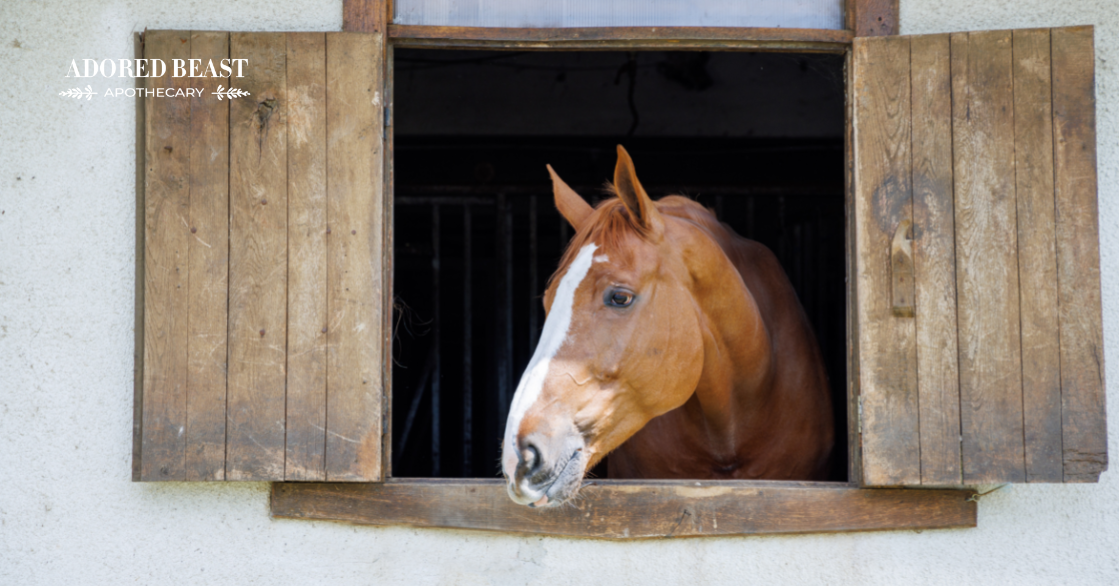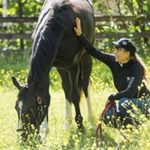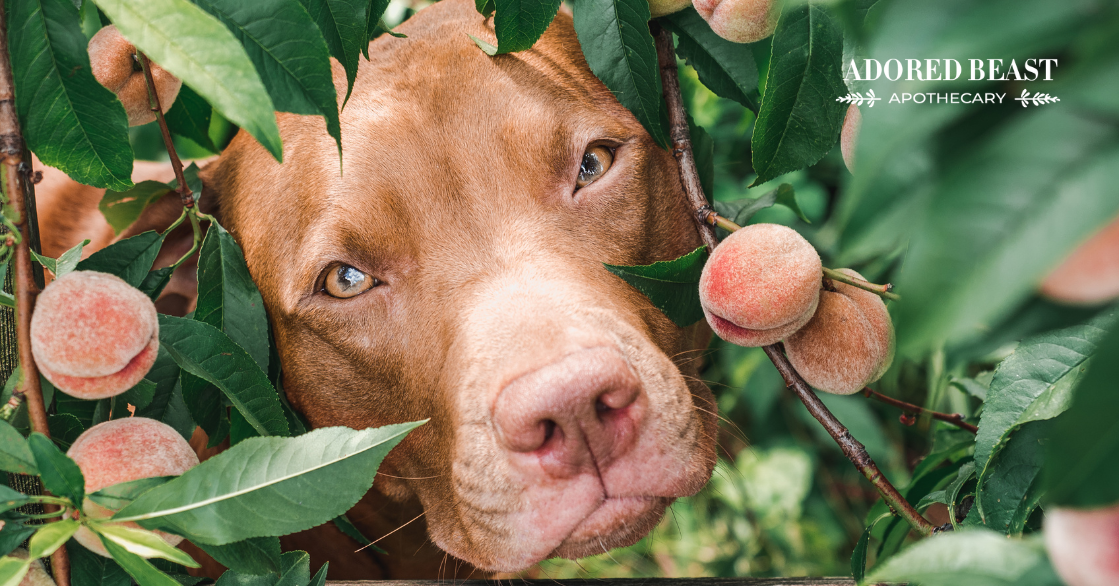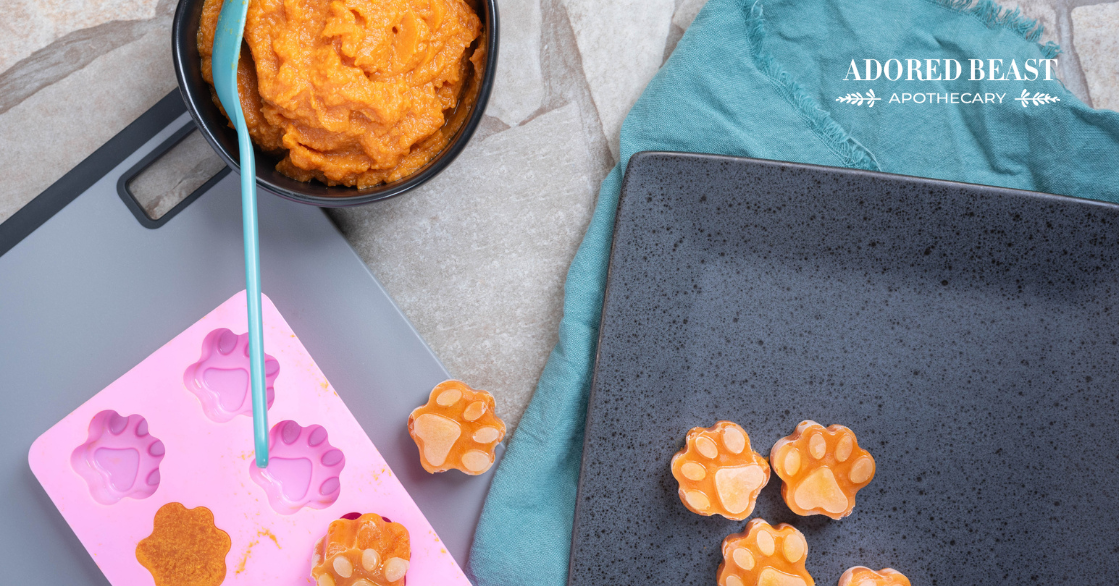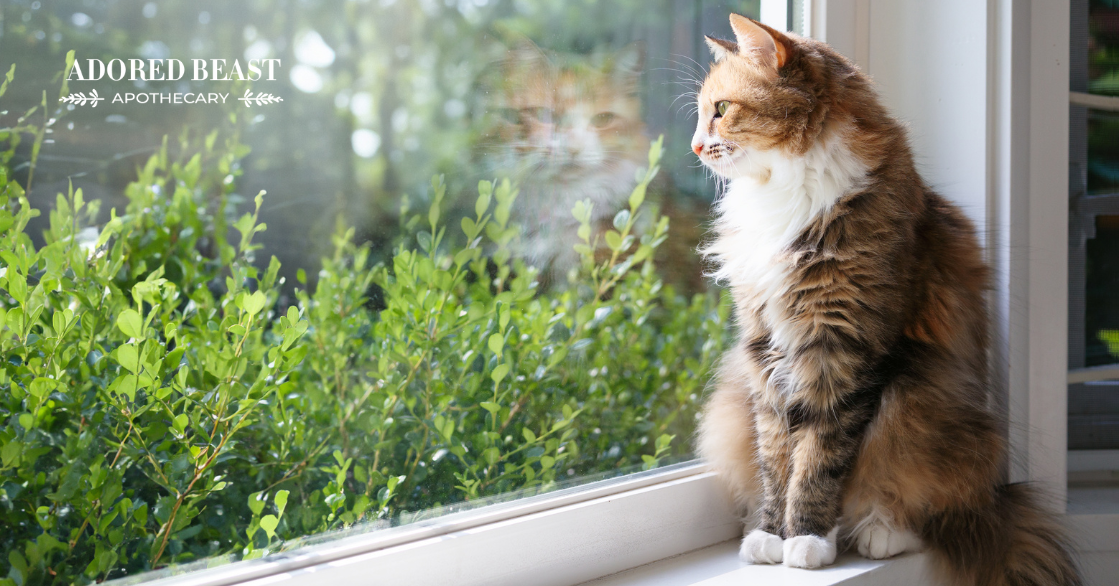Calcium is the most prevalent mineral in your horse’s body, and one of those most important. It is integral for the correct development of young horses, the maintenance of the musculoskeletal and neurological systems, and a graceful transition into senior life.
Thankfully, calcium deficiency in horses is rare, but it does happen. If your horse isn’t getting enough, it could present as a number of disease pictures that we don’t always connect to nutrition.
Conditions Associated with Calcium Deficiency in Horses
There are several insidious diseases that can be a result of calcium deficiency in horses, including:
- Sport injuries (ligament, joint and bone)
- Arthritis and the progression of the disease
- Bone spurs
- Stringhalt
- Neurological symptoms (weakness, impaired gaits, vertigo, etc.)
When your horse is lacking calcium, you may see signs that aren’t necessarily connected to nutrition. It’s important to consider adjusting their diet if you see:
- Chronic or recurrent limb or back/neck injuries or pain
- Progressive orthopedic disease
- Progressive neurological disease
- Early onset of arthritis or lameness
- Poor hoof quality
If your horse is experiencing any of these issues, it’s important to take a close look at the calcium content of your horse’s forage and feed.
Causes of Calcium Deficiency in Horses
There are several reasons a calcium deficiency can develop. Some are nutritional and some are related to management. A combination of causes can put your horse at real risk so it’s important to understand when to pay attention to. Reasons include:
- Diet – particularly an imbalance in the calcium and phosphorus ratio of the diet. Unless you are intentionally adjusting the calcium/phosphorus ratio of your horse’s forage, the diet may be low in calcium. We will talk about how to adjust this below.
- Excess starch in the diet – too much starch can cause a lot of problems for horses including insulin dysregulation and decreased ability to absorb calcium from the diet. It’s extremely important for all horses to have a low-starch diet, not just the ones that already have diseases associated with this diet error. Prevention is always more effective than disease management!
- Excess protein – horses that are getting too much protein may also have trouble absorbing calcium efficiently. Energy sources should be carefully considered for your horse depending on age, body condition, exercise program and health status. When I say energy, I mean your macro nutrients: protein, fat, and fibre. For more details on the specific dietary requirements of horses, read my equine nutrition blog.
- Physical Confinement – lack of movement in horses can inhibit calcium absorption and simultaneously weaken the integrity of the limb tissues. This is one of the most common contributing factors to joint disease. Be sure your horse is exercised daily and has access to different types of footing to keep limb tissues oxygenated and elastic. Blood flow is imperative for distributing nutrients to the limbs.
- Medications – some medications can inhibit calcium uptake including the popular ulcer drug omeprazole. This drug should not be used long term due to it’s mechanism of lowering your horse’s gastric acid. This will inhibit the digestion and absorption of almost all nutrients. Use omeprazole as a short term solution to ulcers but have a long term plan for prevention as well.
How to Begin with Correcting a Calcium Deficiency
To get a clearer picture of nutrient deficiencies in your horse’s diet, it’s important to do some analysis in the following areas:
- Hay Testing – getting your hay tested is a great way to start. Find a lab that can test all of the nutrients including a mineral profile. Once you have the analysis back, be sure to look specifically at the calcium and phosphorus levels of your hay. You want calcium:phosphorus to be approximately 2:1. Often times, hay is higher in phosphorus than calcium and this needed to be consciously corrected. For more info on this, check out my Know Your Hay blog.
- Feed and Supplements Analysis – After analysing your hay, you’ll want to look at the analysis of any feed and/or supplements you are using for your horse. You’ll need to make a total of the calcium and phosphorus levels of everything you’re feeding to get a total and calculate the calcium : phosphorus ratio. If you’re not sure how to do this, get a professional to help you.
- Blood Testing – A blood test can be taken to test the mineral levels in your horse’s body. This gives you a clearer picture of what is going in your horse and the results of that input. Keep in mind that mineral levels like calcium and phosphorus will take 2-3 months to adjust once you make dietary changes so you will want to take an initial sample for reference and then continue testing every 2-3 months until you reach your desired levels in the blood.
Adjusting Calcium Though Food and Supplements
There are several ways to increase calcium in the diet. My preferred method is through using species-appropriate foods. Healthy foods that are high in calcium:
- Non-GMO Beet Pulp (Molasses-Free) – not only is it high in calcium but it’s also low in phosphorus so it’s a great addition for balancing the calcium:phosphorus ratio. Just make sure it’s clean and not from a conventionally farmed source which will be sprayed with and herbicide called glyphosate which will be extremely counter-productive.
- Alfalfa – it’s high in calcium but also in protein so it couldn’t make up more than 25% of the total diet of your horse. Be sure it’s a clean source as well since alfalfa is often sprayed with glyphosate.
- Chia Seeds – chia is healthy way to increase calcium and omega 3 fats which has huge with anti-inflammatory benefits for all tissues in the body. Soaking the seeds before feeding will give your horse more access to the mucilage which supports the gut lining.
- Leafy green vegetables – if you have the ability to purchase or grow some organic non-cruciferous greens for your horse, this is a wonderful high-calcium addition to increase calcium plus other minerals and vitamins.
- Supplementation – this may be necessary in the beginning if your horse has a serious deficiency. Supplement with a buffered calcium source – calcium citrate.
Dosage: 2000 mg/day for 4 weeks, then 2 times weekly after that. Be sure to test your horse’s blood calcium levels while you are supplementing so you can make any needed adjustment.
For more information on nutrient deficiencies in horses, check out my YouTube lecture here.

